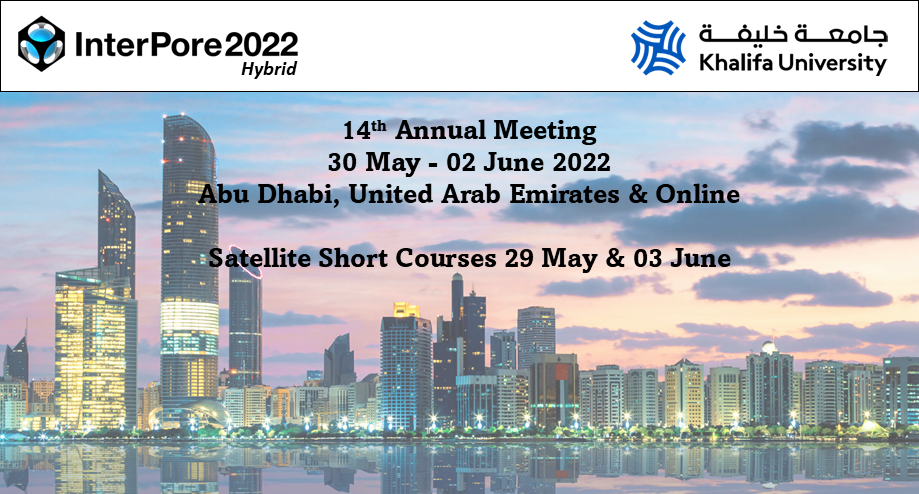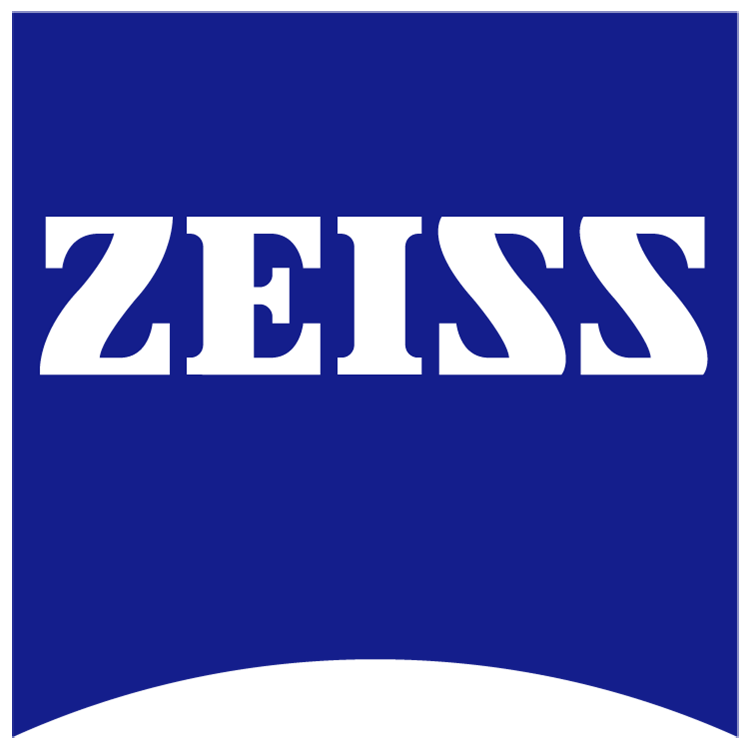Speaker
Description
Snap-off is a phenomenon that occurs when a non-wetting fluid is displaced by wetting fluid in pore-throat channels, leading to the breakup of droplets at the throat. Snap-off plays a key role in many industrial processes involving immiscible multiphase flows, such as aquifer remediation, carbon capture and geological storage, recovery of hydrocarbons. Here we derive geometric criteria for the capillary snap-off at the pore-throat junctions in 2D microchannels with rectangular cross-sections. The criteria are theoretically presented in three categories according to the range of the throat depth, h. We find that if h is smaller than the throat width, snap-off will be inhibited, if h is larger than the pore width, snap-off may occur but it is independent of h, and if h is in between the throat width and the pore width, a critical depth exists for the occurrence of snap-off. These criteria are verified using numerical CFD simulations and validated using microfluidic experiments. These results indicate the conditions for snap-off in the pore-throat channel with rectangular cross-sections, which clarify previous debates in the literature. One application of this work is for micromodels, which are porous microfluidic chips used as tools to observe multiphase flow in porous media at the pore scale. Most micromodels are two-dimensional (2D), which have rectangular cross-sections with uniform depth. The geometric criteria derived here provide guidelines for the design of micromodels used in the study of multiphase flow processes in porous media.
| Participation | Unsure |
|---|---|
| Country | China |
| MDPI Energies Student Poster Award | No, do not submit my presenation for the student posters award. |
| Time Block Preference | Time Block C (18:00-21:00 CET) |
| Acceptance of the Terms & Conditions | Click here to agree |









